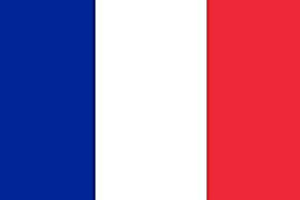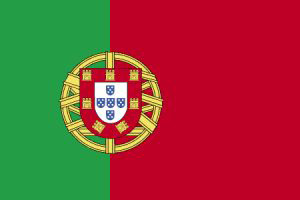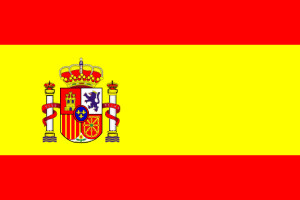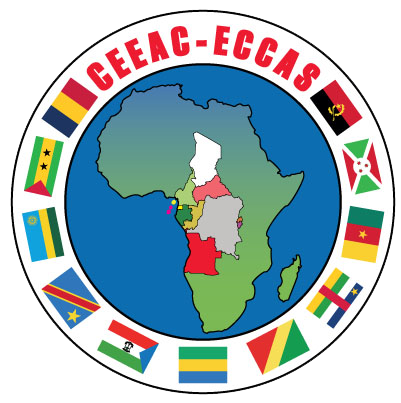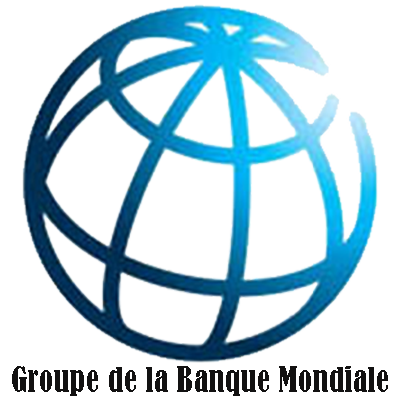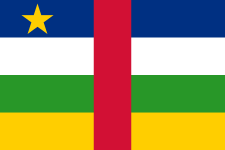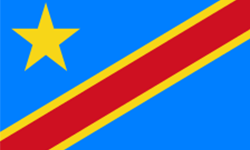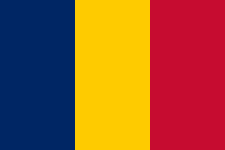Statement by the President of the ECCAS Commission on the occasion of the celebration of World TB Day

On 24 March 2022, the Economic Community of Central African States (ECCAS) joins the rest of the world in celebrating World TB Day, under the theme "INVEST TO END TUBERCULOSIS, SAVE LIVES".
According to the World Health Organisation, every day more than 4,100 people die from tuberculosis and almost 28,000 people contract the disease.
This situation has worsened in the last two years with the onset of the COVID 19 pandemic, with an increase in the loss of 19% of patients undergoing HIV-AIDS treatment and 37% for multi-resistant tuberculosis, according to the Global Fund to Fight AIDS, Tuberculosis and Malaria.
Recalling that as a contribution to the community's health response, the ECCAS Commission has made health a priority sector in its 2020-2025 Strategic Plan adopted by the Conference of Heads of State and Government on 27 November 2020 in Libreville.
It should also be noted that the Conference of Heads of State and Government of 30 July 2021 adopted two decisions No. 06 and 18/CEEAC/CCEG/XIX/21, respectively on the "Common regional positioning with a view to improving vaccination coverage against COVID-19" and on the "Operationalisation of the Health Organisation in Central Africa (OSAC)" to strengthen policies and strategies for the fight against non-communicable and communicable diseases, including tuberculosis, in the Member States.
Also, as part of the strengthening of regional capacities in disease surveillance, the ECCAS Commission has received funding from the World Bank to coordinate the implementation of the Regional Project for Strengthening Disease Surveillance Systems in Central Africa (REDISSE IV), in favour of five (5) of the following eleven (11) Member States: the Republic of Angola, the Central African Republic, the Republic of Chad, the Republic of Congo and the Democratic Republic of Congo.
The implementation of this project will contribute to the development of regional strategies for sharing cross-border disease surveillance data and for preparing for and managing epidemics, including tuberculosis and other public health threats.
ECCAS fully adheres to the Commitments made by the African Heads of State and Government in Abuja on 16 March 2013 to "ELIMINATE HIV/AIDS, TUBERCULOSIS AND MALARIA IN AFRICA BY 2030".
On the occasion of the celebration of the World Tuberculosis Day, which remains a preventable and curable disease, the ECCAS Commission launches an urgent appeal to all actors in the field of health in Central Africa; The ECCAS Commission launches an urgent appeal to all actors in the field of health in Central Africa, both those of the public and private sectors, civil society and technical and financial partners, to join efforts to make available sufficient quantities of vaccines and medicines in the sub-region to achieve the objective of eliminating tuberculosis in our sub-region by 2030 and thus save the lives of our populations.
Ambassador Gilberto Da Piedade VERISSIMO
President of the ECCAS Commission
According to the World Health Organisation, every day more than 4,100 people die from tuberculosis and almost 28,000 people contract the disease.
This situation has worsened in the last two years with the onset of the COVID 19 pandemic, with an increase in the loss of 19% of patients undergoing HIV-AIDS treatment and 37% for multi-resistant tuberculosis, according to the Global Fund to Fight AIDS, Tuberculosis and Malaria.
Recalling that as a contribution to the community's health response, the ECCAS Commission has made health a priority sector in its 2020-2025 Strategic Plan adopted by the Conference of Heads of State and Government on 27 November 2020 in Libreville.
It should also be noted that the Conference of Heads of State and Government of 30 July 2021 adopted two decisions No. 06 and 18/CEEAC/CCEG/XIX/21, respectively on the "Common regional positioning with a view to improving vaccination coverage against COVID-19" and on the "Operationalisation of the Health Organisation in Central Africa (OSAC)" to strengthen policies and strategies for the fight against non-communicable and communicable diseases, including tuberculosis, in the Member States.
Also, as part of the strengthening of regional capacities in disease surveillance, the ECCAS Commission has received funding from the World Bank to coordinate the implementation of the Regional Project for Strengthening Disease Surveillance Systems in Central Africa (REDISSE IV), in favour of five (5) of the following eleven (11) Member States: the Republic of Angola, the Central African Republic, the Republic of Chad, the Republic of Congo and the Democratic Republic of Congo.
The implementation of this project will contribute to the development of regional strategies for sharing cross-border disease surveillance data and for preparing for and managing epidemics, including tuberculosis and other public health threats.
ECCAS fully adheres to the Commitments made by the African Heads of State and Government in Abuja on 16 March 2013 to "ELIMINATE HIV/AIDS, TUBERCULOSIS AND MALARIA IN AFRICA BY 2030".
On the occasion of the celebration of the World Tuberculosis Day, which remains a preventable and curable disease, the ECCAS Commission launches an urgent appeal to all actors in the field of health in Central Africa; The ECCAS Commission launches an urgent appeal to all actors in the field of health in Central Africa, both those of the public and private sectors, civil society and technical and financial partners, to join efforts to make available sufficient quantities of vaccines and medicines in the sub-region to achieve the objective of eliminating tuberculosis in our sub-region by 2030 and thus save the lives of our populations.
Ambassador Gilberto Da Piedade VERISSIMO
President of the ECCAS Commission
Laissez un commentaire
Votre adresse de messagerie ne sera pas publiée. Les champs obligatoires sont indiqués avec *




